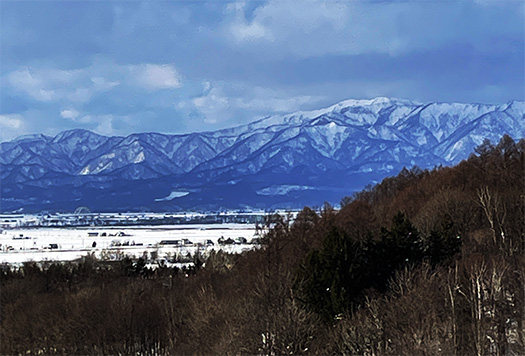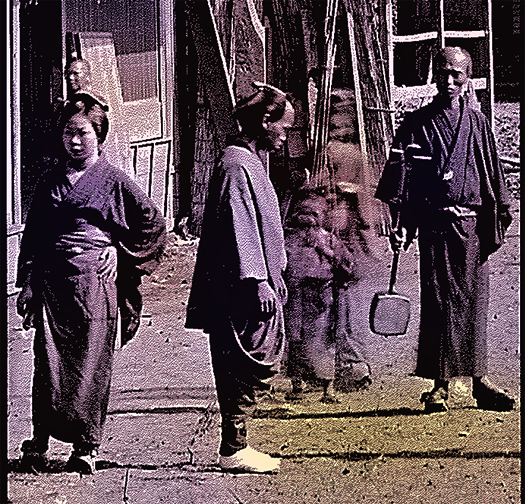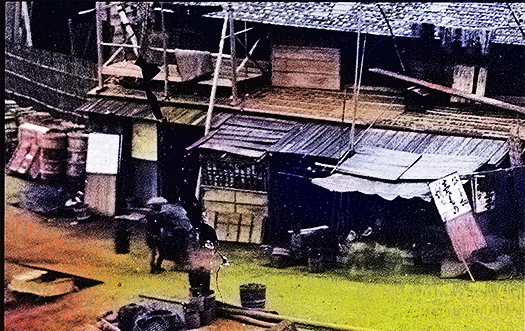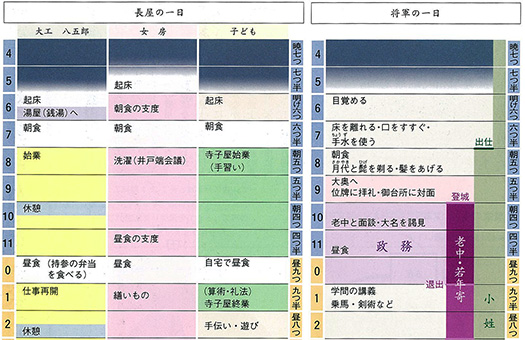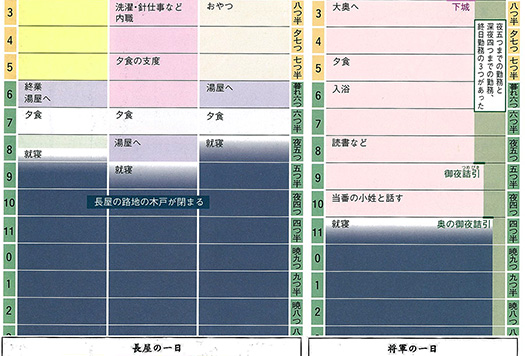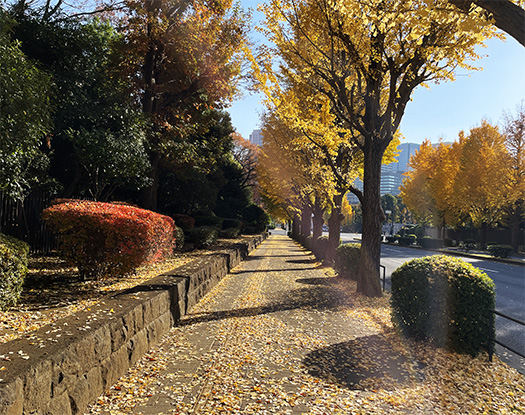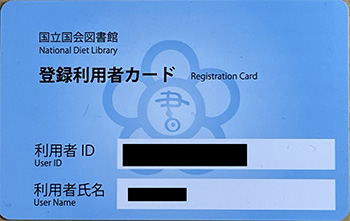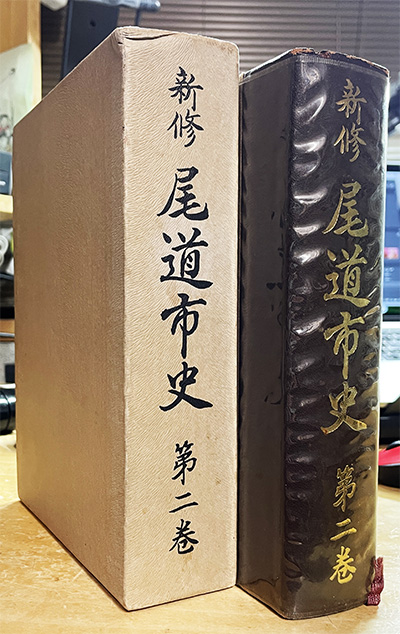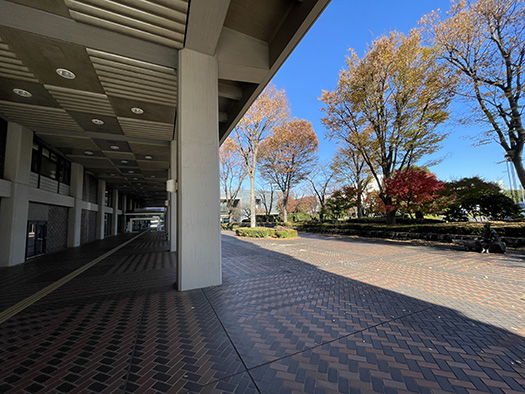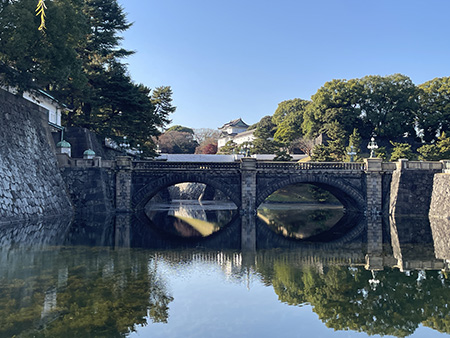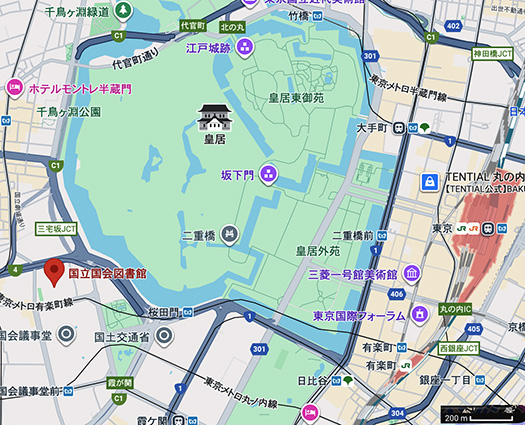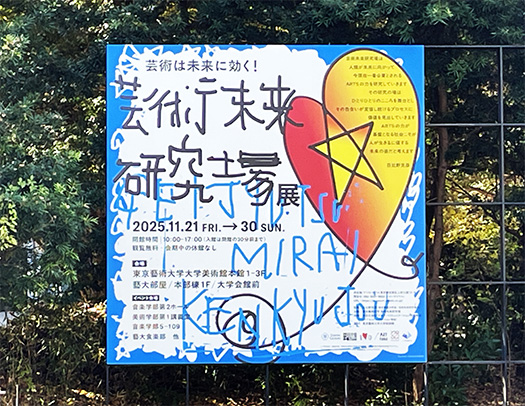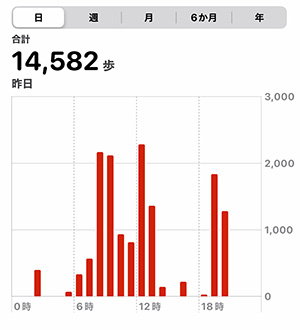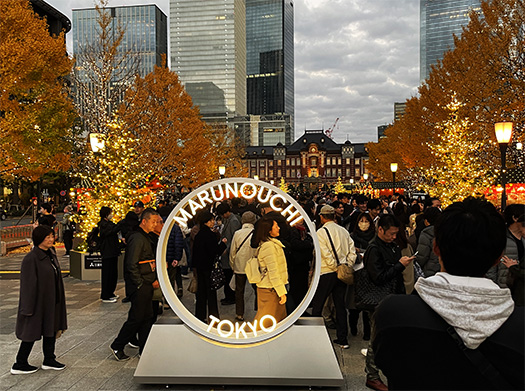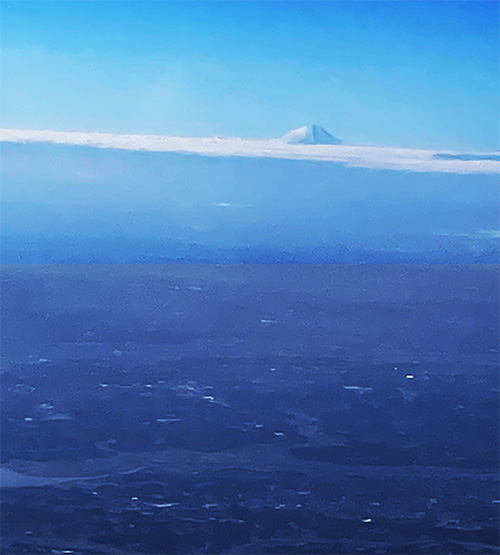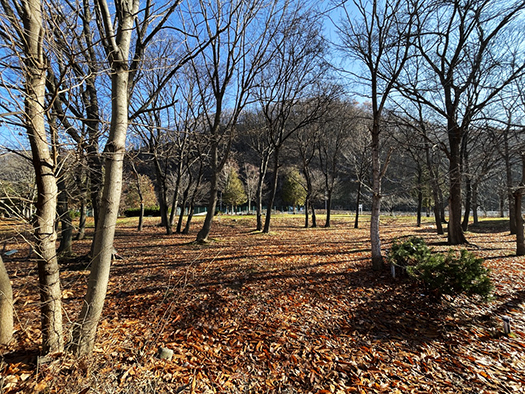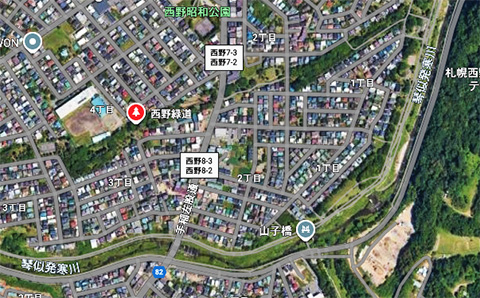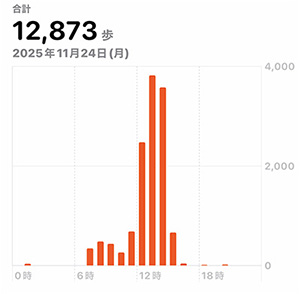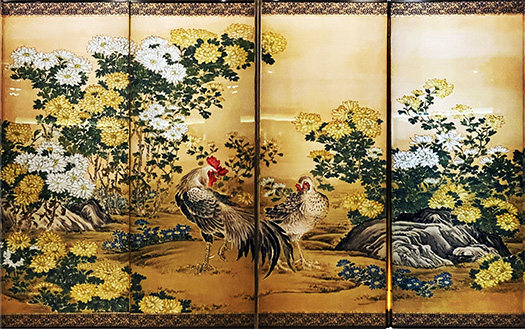
わたしが生きてきた時間の中では、お隣の国に対してある程度好意的だった期間が長かった。学生運動に沈没していた時期、いわゆる「反帝反スタ」スローガンで運動していた。反スタというのは「反スターリン主義」というものでソ連という存在への反抗ということ。中ソ対立の国際関係に置いては現在のロシア、当時のソ連に対しての反感の方が深く強かった。
このソ連の呪縛からかの国は西側社会に擦り寄ってきて、経済的「出口ナシ」国際関係から西側に支援を求めてきた流れに、好意的な対応を日本はしてきたと思う。首脳外交をアメリカに先駆けた田中角栄の姿勢には同感を覚えていた。鄧小平・周恩来の率直な姿勢に日本は支援という見返りで当たってきたと思う。
その後、わたし自身は左翼的な政治運動の醸し出す「絶望感」に絶望し、より人間的な生き方、正直な生き方に目覚め自由で自立的な個人を基盤とする社会、民主主義の考えに賛同するようになった。いろいろ手続きは大変だけれど、チャーチルが言ったように「面倒だけれど、これしかない人類知」という民主主義制度を基盤とする社会は、あきらかな「正統性」を持っていると思う。
そういう流れの中で外交局面を見ていて、いまの日本側の外交姿勢には同意する。一方かの国はほぼ支離滅裂な対日姿勢を見せてきている。(たぶん)連立政権からの某党の離脱に始まって、影響下にある日本メディア各社を使った必死な政権攻撃。かの国外交当局による「狂気」としか言いようのない対応の数々。・・・そしてついには通常的・自衛行動を行っていた自衛隊機に対して、ミサイル発射をロックオンするレーダー照射「攻撃」まで仕掛けてくるに及んでいる。
これに対して日本側はきわめて抑制的に理を尽くす反対対応をしてきている。防衛大臣はきちんと意見発表を、真夜中にも関わらず即座に行った。
国際社会は、こうしたかの国の姿勢に対して総体としてNOを突き付けてきている。
こういう流れの中で、なぜかの国はこうであるのか、その根源としての「中華」思想に思いが至る。地形的にあの国家は中央集権・独裁でしか存続し得ないのだろう。孫文もあの国では民主主義政体を確立することができなかった。いま、世界からの孤立化のなかで経済は破綻してきているとされる。近隣関係の中で、その推移・動向に今後も注意していかなければならないだろう。
<写真は「菊鶏図・野口幽谷」>
お知らせ
拙書「作家と住空間」幻冬舎から電子書籍で発刊
お求めはAmazonで。
https://amzn.asia/d/eUiv9yO
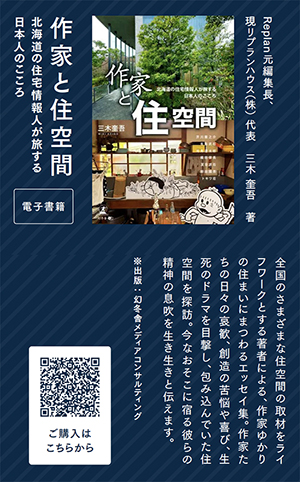
English version⬇
【Is “Chinese” Dictatorship the Only Possible Form of Government for That Country?】
Is dictatorship that proclaims itself “Chinese” the only legitimate form of government on that land? Can it not comprehend the universally accepted “democracy”?…
Throughout my lifetime, I’ve generally held a favorable view of our neighboring country for the most part. During my days immersed in student activism, we rallied under the so-called “anti-imperialist, anti-Stalinist” slogans. “Anti-Stalinist” meant opposing the Soviet Union itself. Within the context of the Sino-Soviet split in international relations, my resentment toward what is now Russia—then the Soviet Union—ran deeper and stronger.
I believe Japan responded favorably to this country’s shift away from the Soviet Union’s spell, as it moved closer to Western society and sought support from the West to escape its economically “dead-end” international relations. I sympathized with Kakuei Tanaka’s stance of pursuing summit diplomacy ahead of the United States. I think Japan responded to the frank attitudes of Deng Xiaoping and Zhou Enlai with support in return.
Later, I myself despaired at the “sense of hopelessness” fostered by leftist political movements. I awakened to a more human way of life, an honest way of living, and came to endorse the idea of a society based on free, independent individuals and democracy. While the procedures are often cumbersome, I believe a society founded on the democratic system – as Churchill said, “a nuisance, but the only human institution we have” – possesses clear “legitimacy.”
Observing the diplomatic landscape within this context, I agree with Japan’s current diplomatic stance. On the other hand, that country has displayed an almost incoherent approach toward Japan. Beginning (probably) with a certain party’s withdrawal from the coalition government, it launched desperate attacks on the administration using Japanese media outlets under its influence. The numerous responses from that country’s diplomatic authorities can only be described as “madness.” …And finally, they have gone so far as to launch a radar lock-on “attack” against a Self-Defense Forces aircraft conducting routine, self-defense operations.
In response, Japan has maintained an extremely restrained yet principled opposition. The Defense Minister promptly issued a statement, despite it being the middle of the night.
The international community has, as a whole, rejected this country’s stance.
Amidst this trend, one wonders why that country behaves this way, leading thoughts to the root cause: the “Chinese” ideology. Geographically, that nation can only survive through centralization and dictatorship. Even Sun Yat-sen failed to establish a democratic system there. Now, amid growing isolation from the world, its economy is said to be collapsing. Within regional relations, we must continue to watch its trajectory and movements closely.
Notice
My book “Writers and Living Spaces” published as an e-book by Gentosha
Available on Amazon.
Posted on 12月 8th, 2025 by 三木 奎吾
Filed under: 未分類 | No Comments »


